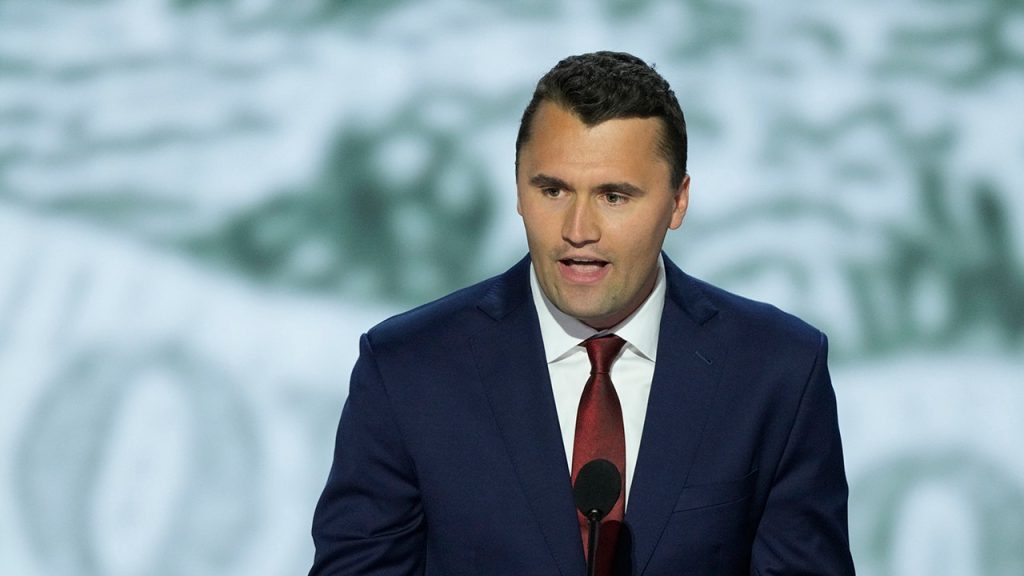A Journalist’s Controversial Response to a Tragic Event
In the wake of Charlie Kirk’s assassination at Utah Valley University on Wednesday, the sports media world experienced its own ripples of controversy. Phoenix sports outlet PHNX made the difficult decision to terminate their lead Phoenix Suns writer, Gerald Bourget, following a series of posts he made on social media platform X that many viewed as insensitive or inappropriate in response to the tragedy. The outlet’s decision underscores the complex intersection of personal expression, professional responsibility, and the emotionally charged nature of political violence in today’s polarized landscape.
Bourget’s social media comments explicitly stated he was “refusing to mourn” Kirk’s death, drawing a distinction between respecting political differences and what he characterized as “hateful rhetoric.” In one particularly controversial post, Bourget referred to the assassination as the “Holy Grail of Ironies,” making reference to Kirk’s well-known support of Second Amendment rights. He further labeled Kirk a “bigot” who “spread genocidal propaganda,” language that many found deeply inappropriate in the immediate aftermath of a violent death, regardless of political disagreements. These statements represented a viewpoint that crossed professional boundaries for his employer, who ultimately determined such expression was incompatible with their organizational values.
The journalist challenged his critics directly, writing that he “truly [didn’t] care” if people found his comments insensitive or poorly timed. He suggested that those criticizing him were more concerned with appearing civil than “standing on principal [sic] to condemn hate.” Bourget also questioned the consistency of public outrage, asking why reactions to Kirk’s assassination seemed different from responses to other tragedies like school shootings or international conflicts. This comparison attempted to contextualize his reaction within a broader political framework, but for many readers and his employers, it failed to acknowledge the fundamental gravity of celebrating or dismissing any human’s violent death.
PHNX quickly distanced itself from Bourget’s comments, issuing a statement that emphasized the company’s position: “The opinions expressed by our employees do not represent the views of PHNX or ALLCITY Network. We take matters involving violence very seriously and are committed to ensuring that ALLCITY remains a safe place for our employees and community alike.” This response reflects the difficult position media organizations find themselves in when employees express controversial personal views on public platforms. While many journalists maintain active social media presences, the boundaries between personal expression and professional representation remain contentious and often unclear until crossed.
The incident was not isolated, as a Carolina Panthers staffer was also reportedly terminated for similar comments shared online, suggesting a broader pattern of professional consequences for public statements perceived as celebrating or minimizing political violence. These parallel situations highlight how organizations across different sectors are navigating similar ethical questions about appropriate employee expression in politically charged moments. The swift action taken by both organizations demonstrates that regardless of the political target, public statements that appear to condone or dismiss violence typically fall outside acceptable professional boundaries.
Meanwhile, law enforcement made progress in their investigation of Kirk’s assassination, with police confirming the arrest of 22-year-old Utah resident Tyler Robinson. According to Utah Governor Spencer Cox, the arrest came after a family member of Robinson contacted authorities through a family friend, reporting that Robinson had “confessed to them or implied that he had committed the incident.” This development brings a measure of closure to the immediate circumstances of the tragedy, though the broader societal questions about political violence and appropriate responses to it remain unresolved. As communities continue processing both the assassination itself and the varied reactions it has provoked, these events serve as a sobering reminder of the real human consequences that lie beneath our often abstract political debates.


